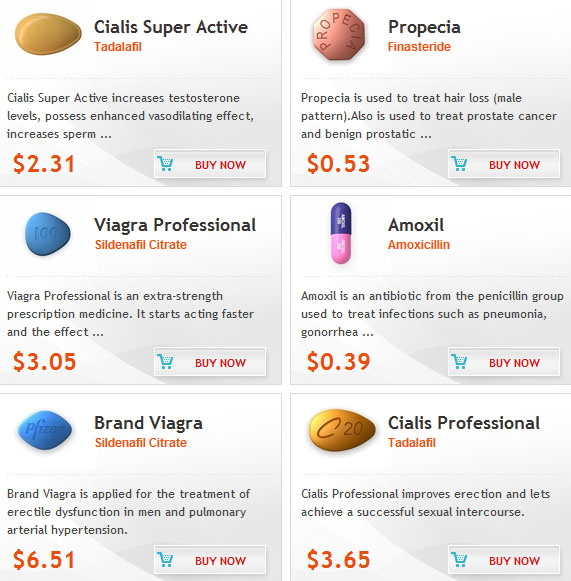 Buyer beware?Does the information provided with herbal products available over the counter enable safe use?
Buyer beware?Does the information provided with herbal products available over the counter enable safe use? BMC Medicine 2011, 9:94doi:10.1186/1741-7015-9-94
Published:
9 August 2011
The complete article is available as a provisional PDF.
Abstract Background:
Herbal products obtained over the counter are commonly used in Europe, North America and Australia.Although there is concern about a lack of information provided to consumers to allow the safe use of these products, there has been no published research to confirm these fears.In this study, we evaluated written information provided with commonly used herbal products in the UK in advance of a European Union Directive issued in April 2011 that tightened regulations for some herbal products, including requirements to provide safety information.
Methods:
Five commonly used herbal products were purchased from pharmacies, health food shops and supermarkets: St John’s wort, Asian ginseng, echinacea, garlic and ginkgo.Written information provided with the products (on the package or on a leaflet contained in the package) was evaluated for inclusion of each of the key safety messages included in the monographs of the US National Center for Complementary and Alternative Medicine.Specifically, we looked for information on precautions (such as Asian ginseng not being suitable for people with diabetes), interactions with conventional medicines (such as St John’s wort with the contraceptive pill and warfarin) and side effects (such as ginkgo and allergic reactions).
Results:
Our analysis showed that, overall, 51 (75%) of 68 products contained none of the key safety messages.This included 4 of 12 St John’s wort products, 12 of 12 ginkgo products, 6 of 7 Asian ginseng products, 20 of 21 garlic products and 9 of 13 echinacea products.The two products purchased that are registered under the new European Union regulations (for St John’s wort) contained at least 85% of the safety messages.
Conclusions:
Most of the herbal medicine products studied did not provide key safety information which consumers need for their safe use.The new European Union legislation should ensure that St John’s wort and echinacea products will include the previously missing information in due course.The legislation does not apply to existing stock.Depending on therapeutic claims made by manufacturers, garlic, ginkgo and Asian ginseng products may not be covered by the legislation and can continue to be bought without the safety information.Also, consumers will still be able to buy products over the internet from locations outside European Union jurisdiction.Potential purchasers need to know, in both the short term and the long term, how to purchase herbal products which provide the information they need for the safe use of these products.
Background
Complementary and alternative medicines (CAM) are now mainstream in the UK and the rest of Europe, as well as in North America and Australia [1-4].Consumers of herbal products available over the counter need access to reliable and readily accessible information to ensure their safe and appropriate use.The written information people get when they buy herbal products is particularly important because, although research in this area is sparse, it has been shown that in the UK staff knowledge about the products sold in community pharmacies and health food shops can be lacking [5].
Research carried out for the UK medicines regulator, the Medicines and Healthcare products Regulatory Agency (MHRA) [1], found that many people believe that herbal products are safe because they are natural, confirming previous findings [6, 7], and that patients often refrain from telling their physicians if they are using an herbal product.Equally important is that few doctors ask patients about their use of CAM, including herbal products [8].Many herbal products have adverse effects that are not acknowledged or known by their users, with about one-third being unaware of any possible risks [9].In addition, most healthcare professionals believe that the public is poorly informed about herbal products [10].A report by the MHRA [11] stated, в





















No comments:
Post a Comment
Note: Only a member of this blog may post a comment.